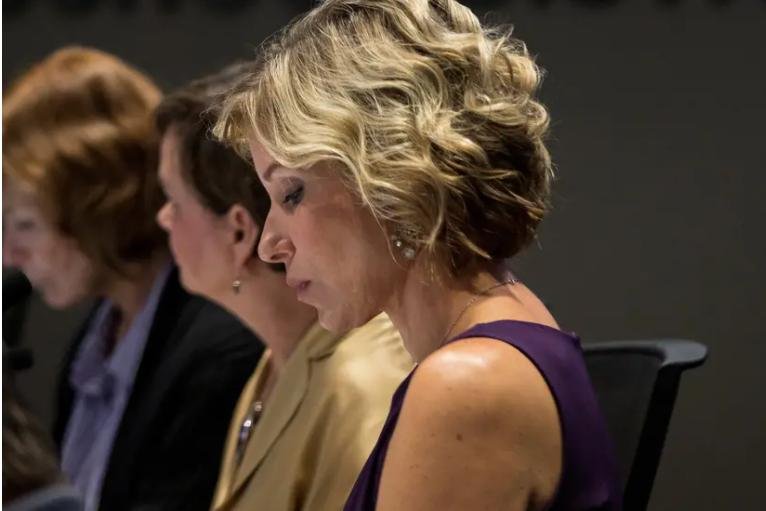
A high percentage of teens and young adults who vape use the devices for marijuana, according to a new study. Photo by sarahj1/Pixabay
Feb. 7 (UPI) -- More than one-third of adolescents and half of teens and young adults who vape use the devices for marijuana, a study published Monday by JAMA Pediatrics found.
About 35% of adolescents ages 12 to 14 years report vaping marijuana, compared with 51% of teens ages 15 to 17 years and 54% of young adults ages 18 to 24 years, the data showed.
One in four young adults ages 18 to 24 years reported using e-cigarettes, compared with 14% of those ages 15 to 17 years and 3% of those 12 to 14 years, the researchers said.
"Our findings suggest that many adolescents and young adults who use e-cigarettes are vaping cannabis," study co-author Ruoyan Sun told UPI in an email.
RELATEDCDC, FDA data find 2 million current teen e-cigarette users
"Vaping devices such as e-cigarettes, vaping pens, e-cigars and e-hookahs can be used to vape multiple substances, including nicotine, cannabis and opium," said Sun, an assistant professor of healthcare organization and policy at the University of Alabama-Birmingham.
Recent estimates suggest as many as one in five youths age 18 years and younger nationally use e-cigarettes.
Studies have found that young people who vape prefer flavored tobacco products, which led the Food and Drug Administration to order ban on the sale of these devices that took effect in February 2020.
RELATED Marijuana use in teen years may hinder brain development, study finds
However, although the flavored products were popular with young vapers, marijuana was preferred by many as well, according to Sun and her colleagues.
Based on their survey of 4,121 adolescents, teens and young adults ages 12 to 24 years, about one-third of those ages 12 to 14 years who use e-cigarettes for marijuana do so most or all of the time, the researchers said.
Just under 15% of marijuana vapers ages 15 to 17 years use the devices to consume the drug most or all of the time, the data showed.
Roughly one in five vapers ages 18 to 24 years reported using the devices for marijuana most or all of the time, according to the researchers.
"We were surprised that more than half of young adults who were e-cigarette users reported cannabis vaping," Sun said.
"Furthermore, some of these e-cigarette users, about 10%, reported vaping cannabis every time they vaped," she said.











